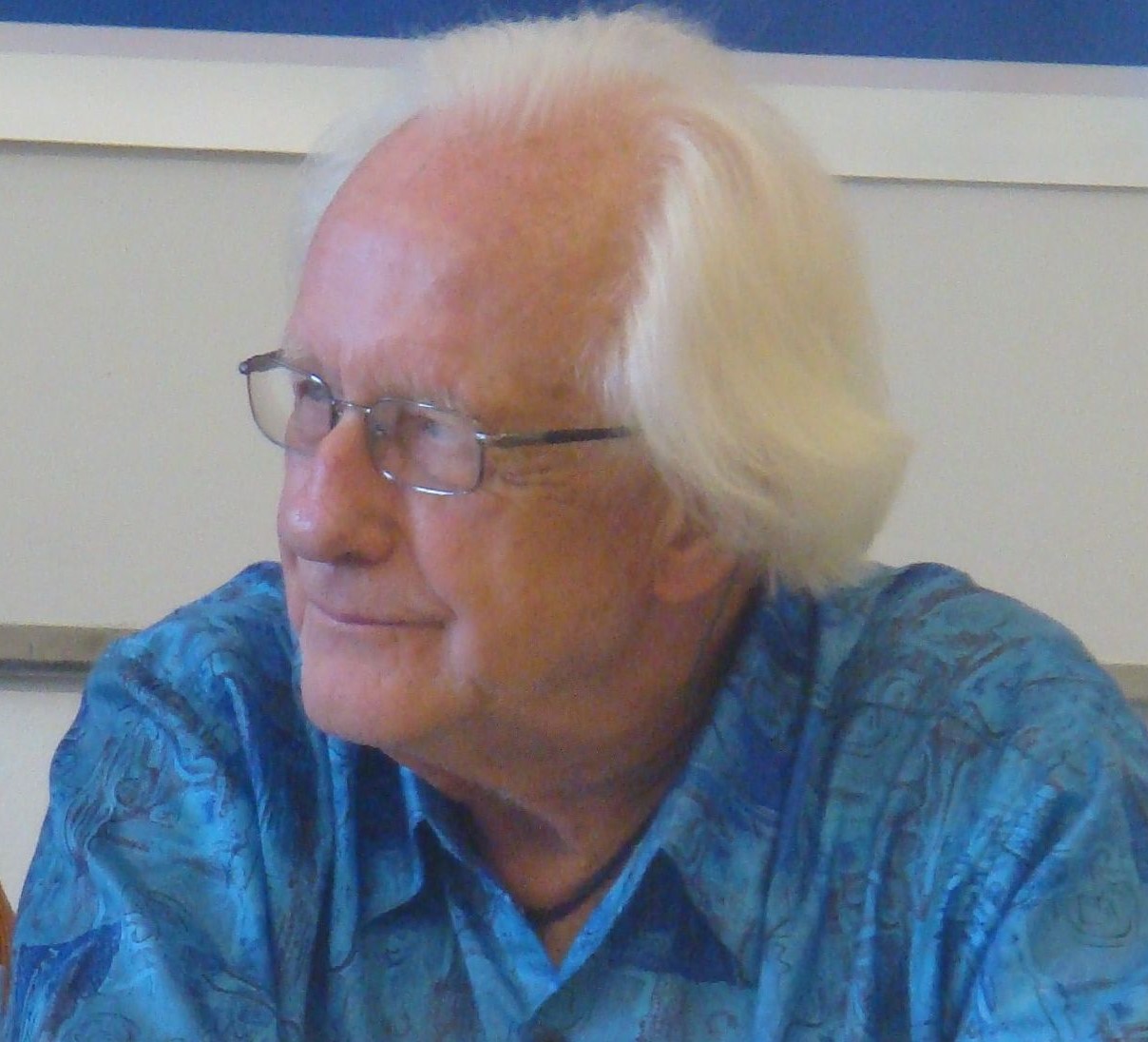
Some men changed their times...
One man changed the World for all times!
Comprehensive Website on the life and works of
Mahatma Gandhi
+91-23872061
+91-9022483828
info@mkgandhi.org

+91-23872061
+91-9022483828
info@mkgandhi.org
Remembering Johan Galtung: A pioneer in peace researchA visionary thinker and dedicated peace activist, Galtung has left an indelible mark on our understanding of conflict resolution. |
- By Rajdeep Pathak*
( 24 October 1930 - 17 February 2024 ) The world of peace research and conflict resolution mourns the loss of one of its most influential figures, Johan Galtung, who passed away on February 17, 2024. Johan Galtung, born in Oslo, Norway, in 1930, was not just a visionary thinker but also a prolific writer and dedicated peace activist whose legacy continues to reverberate within the field today. Growing up amidst the turmoil of World War II, Galtung’s experiences deeply influenced his worldview and spurred his lifelong dedication to understanding and resolving conflicts. He devoted his career to exploring innovative approaches to peacebuilding, drawing from diverse disciplines such as sociology, psychology, political science, and economics. Galtung’s pivotal contributions to peace research led to the establishment of the International Peace Research Institute in Oslo (PRIO) in 1959. PRIO served as a pioneering interdisciplinary hub, fostering collaborative research endeavours aimed at comprehensively understanding conflict origins and developing effective strategies for conflict resolution and peacebuilding. His leadership at PRIO facilitated the exchange of methodologies and ideas among scholars globally, nurturing a vibrant intellectual community dedicated to advancing peace. Initiatives like the Transcend Network for Peace, Development, and Environment exemplified Galtung’s commitment to fostering dialogue and cooperation among scholars, policymakers, and grassroots activists worldwide. Throughout history, leaders and activists have emphasised the transformative power of collaborative efforts in promoting peace and non-violence. Mahatma Gandhi’s philosophy of nonviolent resistance mobilised millions during India’s independence movement, showcasing the potential for collective action to bring about profound social and political change. Similarly, Nelson Mandela’s emphasis on reconciliation and collaboration across racial divides in South Africa led to initiatives like the Truth and Reconciliation Commission, aimed at healing past wounds through dialogue and understanding. Archbishop Desmond Tutu’s advocacy for the African philosophy of Ubuntu further emphasised the importance of recognising our shared humanity in promoting peace and justice. More recently, figures like Malala Yousafzai have championed education as a tool for peace, inspiring a global movement to ensure every child’s right to education and opportunity. One of Galtung’s enduring contributions is his concept of “structural violence,” which highlights the underlying structural causes of violence such as poverty, inequality, and discrimination embedded within societal structures. This concept remains relevant today, as issues like racism and global economic disparities continue to fuel conflicts worldwide. Galtung’s advocacy for non-violent conflict resolution continues to inspire peacebuilders and activists worldwide. His emphasis on dialogue, empathy, and cooperation offers practical tools for building sustainable peace in today’s conflicted world. Contemporary movements for social justice and human rights, such as Black Lives Matter, draw inspiration from Galtung’s ideas about the power of non-violent resistance and grassroots mobilisation to challenge systemic injustice. In reflecting on Galtung’s legacy, we must draw upon his teachings to develop innovative approaches that promote peace, justice, and human dignity for all. His profound impact on education and social transformation persists beyond his passing, serving as a guiding light for future endeavours in the pursuit of a more peaceful and just world. As Galtung himself said, “Peace is not a fixed state, but a process that requires constant attention and effort.” It is up to each of us to contribute to this ongoing work. Courtesy: The Pioneer, dt. 15.3.2024 * Rajdeep Pathak is programme executive, Gandhi Smriti and Darshan Sansthan, New Delhi. |